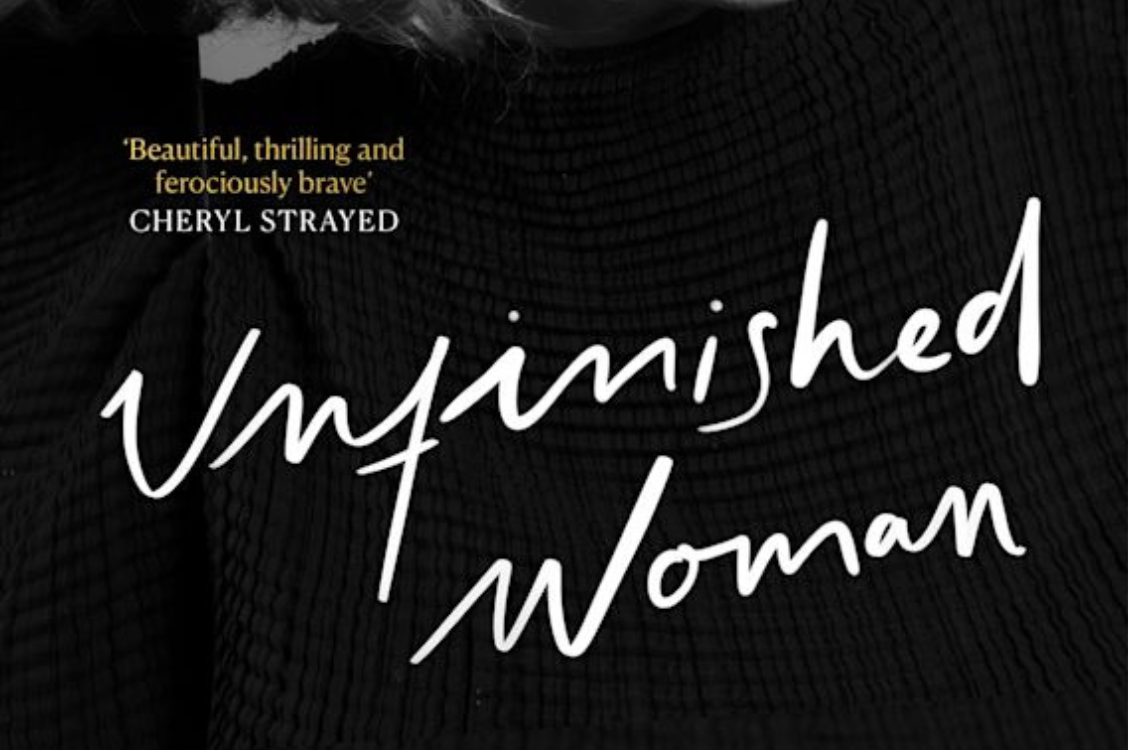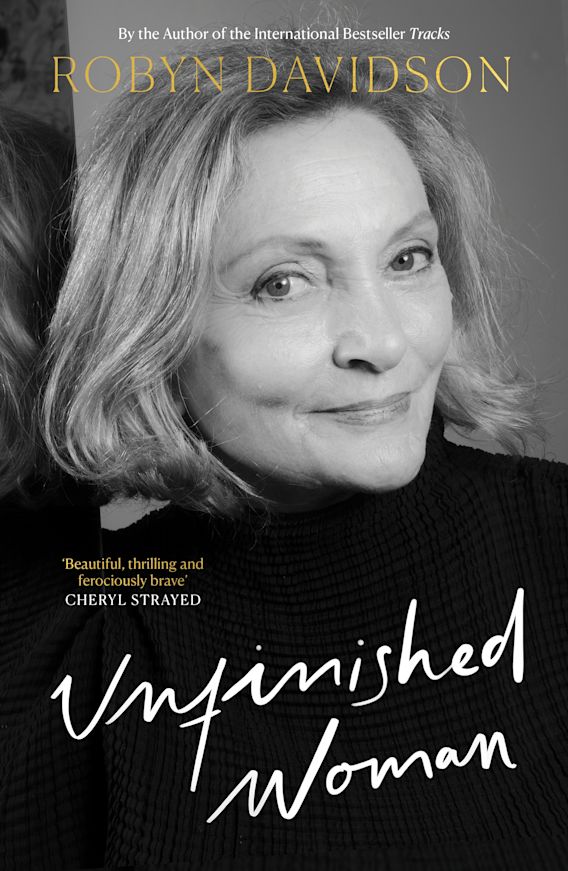
- Free Article: No
- Contents Category: Memoir
- Review Article: Yes
- Article Title: Striding beyond boundaries
- Article Subtitle: The life of an enigmatic traveller
- Online Only: No
- Custom Highlight Text:
Robyn Davidson is still best known as the ‘camel lady’, the young writer whose account of her desert trek from Alice Springs to the Indian Ocean with four camels and a dog made her internationally famous. Tracks, published in 1980, has never been out of print. Since then Davidson has led a nomadic life – sometimes living in London, sometimes New York, and often exploring the world’s remote places and writing about them and her encounters with desert dwellers. Now, in her early seventies she has returned to her roots, spurred – like many writers at the same stage of their lives – by the need to examine her own past.
- Featured Image (400px * 250px):

- Alt Tag (Featured Image): Jacqueline Kent reviews 'Unfinished Woman' by Robyn Davidson
- Book 1 Title: Unfinished Woman
- Book 1 Biblio: Bloomsbury, $34.99 pb, 285 pp
- Book 1 Cover Small (400 x 600):

- Book 1 Cover (800 x 1200):

The family moved down to Brisbane, driven off the land by drought and financial disaster. And one afternoon Robyn, having had a fight with her mother that morning, came home from school to find a group of strangers outside her house. Her mother had hanged herself from the garage rafters, using the cord of an electric kettle. In one afternoon, eleven-year-old Robyn had to deal with her mother’s death and being told she was being sent away to live with an aunt, without taking her dog with her. Her father never spoke to her about what had happened.
Davidson describes these traumatically searing events in matter-of-fact, almost clinical detail (she did not mention them in Tracks). She says she has intellectualised her response to her mother’s death, as she did at the time. ‘I have imagined the act, what it required [for her] to do it, but I imagine it as one sees a scene in a film. It seems to hold no special significance for me. Perhaps by the time she killed herself I was already quite far away. In any case, when I touch the area around that day, I can feel only callus.’ Here, Davidson does not supply the emotional response that might be expected: she never tries to ingratiate herself with readers or to appeal for sympathy. Her business is always to describe her states of feeling as honestly and deeply as she can.
Unfinished Woman moves quickly through her Brisbane adolescence, her move to Sydney and student life, and her decision to live overseas. She mentions her relationship with ‘a well-known writer’ – presumably Salman Rushdie, as their three-year affair was widely reported in the 1980s – and briefly describes her life in the Himalayas, where she fell in love with a Rajput prince with whom she lived, on and off, for more than twenty years until his death. But Davidson circles back almost obsessively to her childhood in rural Queensland, to Malabah where she grew up, and to her parents – especially to her mother, whose death seems like a scar she cannot help touching. Even so, she repeatedly shies away from exploring its implications for her: ‘I came to terms with the fact that my mother could not, could never be found, that the only wisps remaining of her tiny moment on earth were encoded in me … We take our mothers into us, that is where they live.’
Davidson’s skill in describing the natural world, and her honesty in describing the small details of childhood, make Unfinished Woman a delight to read. Her tone is wry, confidential, often seductive. Yet I found her book a little frustrating, despite its brilliance. It is always a tricky business to turn the spotlight on yourself, especially if, like Davidson, your reputation has come from writing about different worlds and ways of living in remote places. Though she is good at describing childhood moments – many people who grew up in Australia then will feel a sense of familiarity – she could have given more detail about some other people in her story. Apart from her father, they are rather shadowy presences, especially her mother. And I sometimes wanted her to display a greater degree of self-reflection. How does Davidson think that the sights, sounds, and events of her childhood have influenced her as an adult? She grew up in Queensland: what is it about the Himalayas and its people that continually draws her back there? Has she ever questioned her need to lead a nomadic life?
With its promise that Davidson has other adventures before her – she’s not done yet! – Unfinished Woman is a good title for this book. I only wish she had written more about her adult perceptions or her sense of how she has grown and developed. Davidson is clearly a solitary being; this book shows that she can also be an elusive one.


Comments powered by CComment